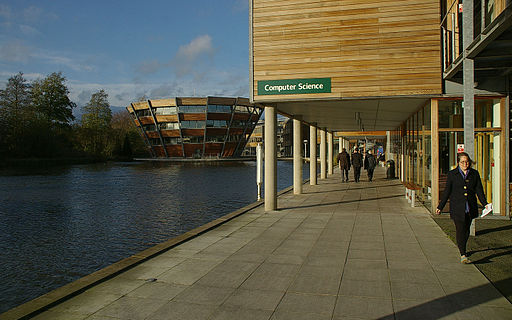
What’s happening to your local college?
The answer is, quite a lot actually – and it’s a mixed bag.
Most people know their local college. You may have trained there, know someone who’s been there, or gone to evening classes there. Colleges are often local, quite big, and often have quite a range of educational activities going on. If someone asked you where an interesting course was taking place you might well say it’s, ‘at the college’.
They come in all shapes and sizes. Some are relatively new, some are much older. They can be Further Education (F.E.) colleges, Colleges of ( Advanced ) Technology, or Tertiary colleges. They train people for industry, provide the education part of apprenticeships, give people the chance to do GCSEs and A levels, and can be the starting point for many people to do literacy and numeracy. They were big and popular in the second half of the last century, but as the nature and needs of industry have changed, and as educational technology has moved on, you could argue that colleges have not.
So what are the changes and do they harbour any risks? Well, to answer the latter, yes, there are some. Colleges are being reviewed in their local areas, with the potential for amalgamations on their respective horizons. That means that “good old names” could disappear. Yet, despite this uncertain state of affairs, colleges have just received notice that that they are about to be able to provide their own degrees. It’s a strange situation – “The right hand giveth and the left hand taketh away.” But if you think about it, this could just be the lifeline colleges need. Imagine a local college – or a local centre, maybe – where you can follow a hobby or an interest with adult education; you could brush up on your reading and writing skills, do a day course improving your work skills, and work your way up to a degree. Wouldn’t that be a useful place? It’s true ‘Lifelong learning’. Apparently, where this already takes place with degrees from a university, the levels of student satisfaction are extraordinarily high. It’s therefore logical to assume that if colleges are doing their own degrees they’ll work even harder and be even better.
Look out for credit accumulation and transfer so that every course you take counts towards your qualification ( Some universities are doing this but not enough ). Imagine online learning ( as with OOL ) so that you don’t even have to be there all the time. You might pay lower fees because the ‘plant’ is cheaper than a university. Further, there might even be fewer ‘barriers’ between H.E. and F.E, and between education and training.
You can count on colleges wanting to develop all this. It seems like no bad thing. So let’s hope as many as possible stay open.
